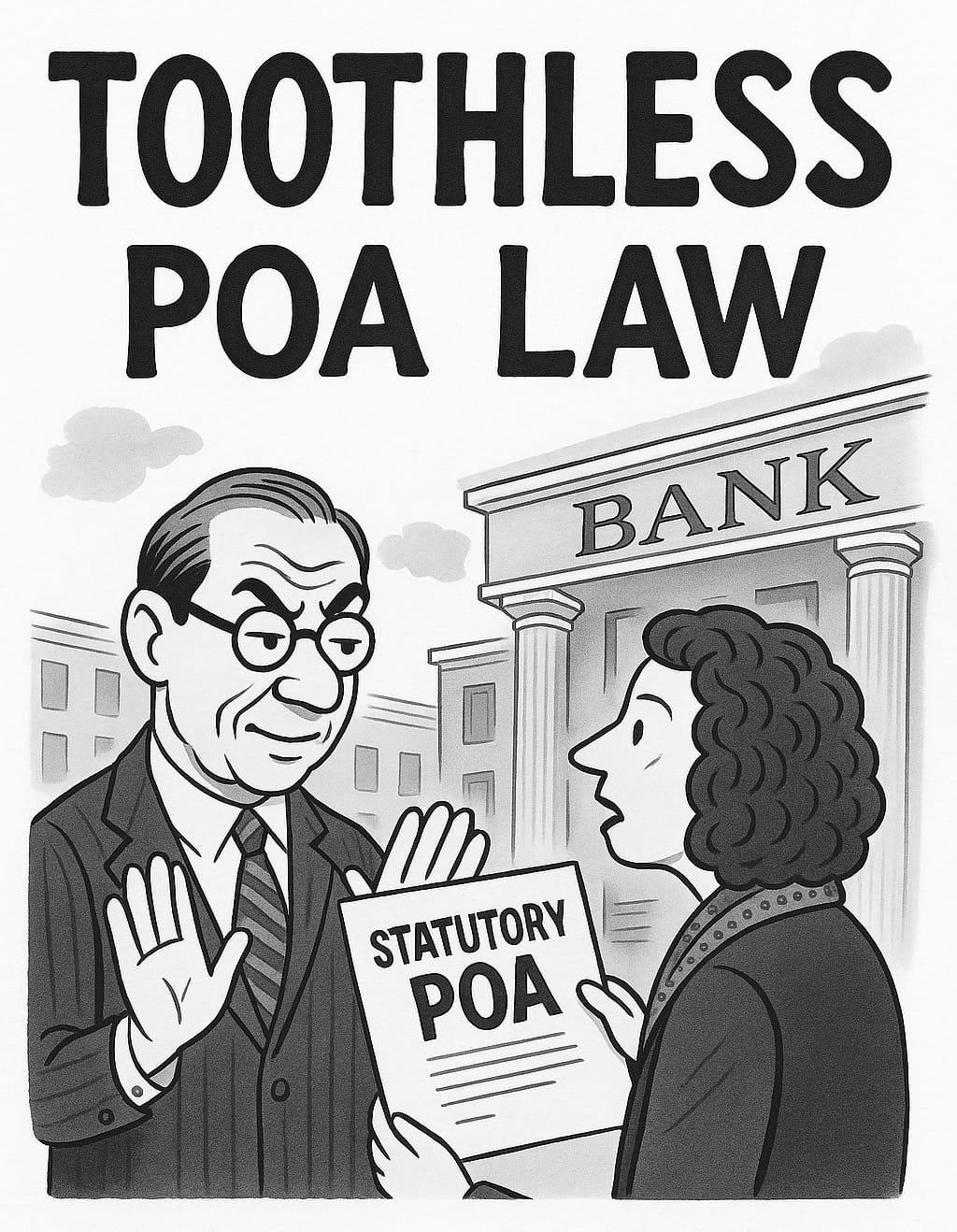In New York, under current law, a testamentary trustee must obtain court approval of the trustee's resignation. See SCPA 715 and 716.
Legislation was introduced to amend SCPA 715 to provide that no court approval is required for the resignation of a testamentary trustee, but it has yet to be enacted. See Assembly Bill A7677, 2021-2022 Legislative Session.
The memo for bill gives this information (emphasis added):
- Resignation by testamentary trustee without court approval
Section 7-A-7.5 deals with the resignation of a trustee. A significant new feature is that a testamentary trustee can now resign without first obtaining court permission. Until now, SCPA 715 has provided that a testamentary trustee who wished to resign needed to petition the court for permission to do so and the court was then required to analyze such petition, even if all interested parties consented to the resignation. Such court proceedings were often time consuming and expensive, especially where the "virtual representation" provisions of SCPA 315 did not dispense with service on all parties under a disability so that the appointment and compensation of a guardian ad litem was required. The burden of this expense fell upon the beneficiaries of the trust - the very parties who are ostensibly being protected by this requirement whether they wanted such protection or not. As a mandatory rule, the resignation by a testamentary trustee is not "effective until the trustee provides written notice of such resignation to the court that has taken jurisdiction over the trust." Concerns that allowing testamentary trustees to resign without court approval could be detrimental to the interests of the beneficiaries of the trust should be allayed because the process would not impair an interested party from requiring the resigning trustee to account or from objecting to any such accounting.
Hani Sarji
New York lawyer who cares about people, is fascinated by technology, and is writing his next book, Estate of Confusion: New York.







Leave a Comment